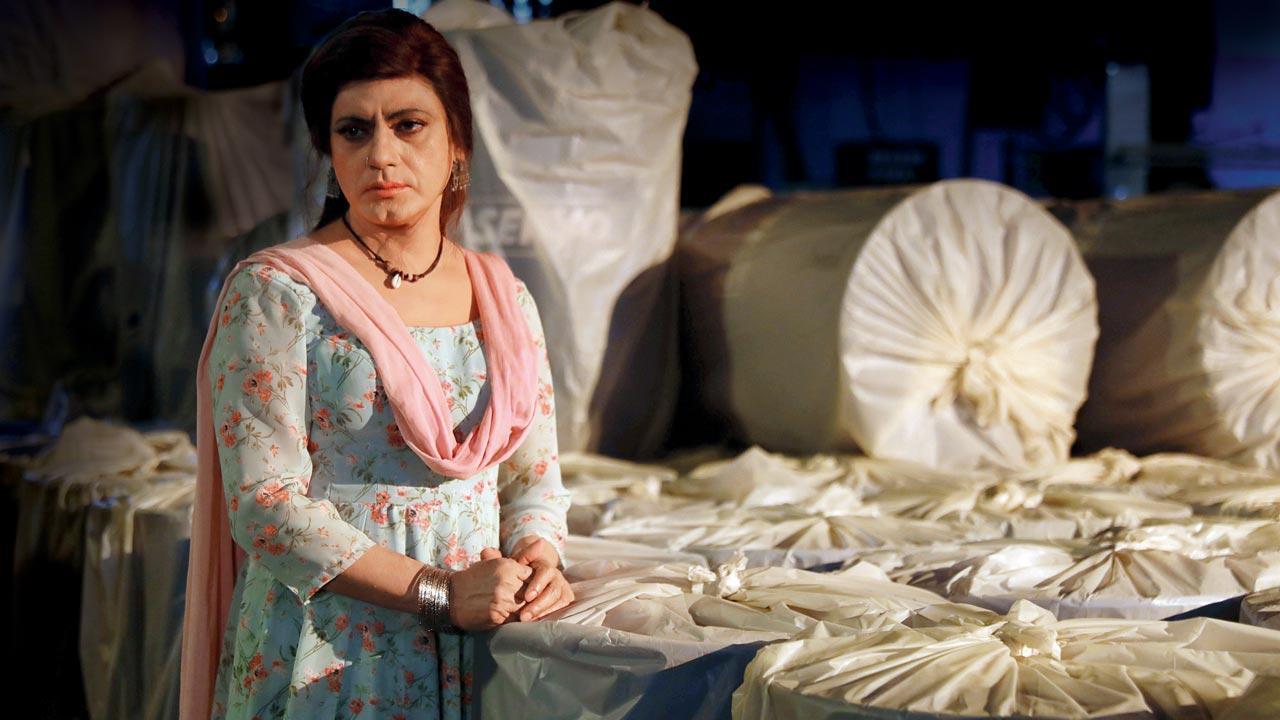Nawazuddin, who portrays a transgender woman in Haddi, on how he adopted a female perspective to do justice to the role

Nawazuddin Siddiqui in the film
Director Akshat Ajay Sharma was willing to wait a year instead of approaching any other actor for Haddi. When he wrote Haddi that revolves around a transgender woman who rises through the ranks to become a feared criminal, he could only imagine Nawazuddin Siddiqui in the titular role. The director’s belief paid off as the actor gave his nod as soon as he read the script. “Without Nawaz, there is no Haddi. He reads all his scripts. Given his busy schedule, it was a task to get him to sit down with me for three hours. But once he read the script, he said yes immediately,” recalls Sharma. “He was my only choice for this role. Why do you think I waited a whole year for him and didn’t pitch it to anyone else?”
ADVERTISEMENT
With Siddiqui coming on board the ZEE5 film, the director knew the biggest hurdle was behind them. The role demanded intense research and prep. While the character’s physical appearance was an aspect that needed attention, the filmmaker was more focused on the emotional graph. “We had the best people [to handle] the character’s look. With Priyanka [Mundada, costume designer] and Subhash [Shinde, hair, make-up and prosthetics expert], the appearance was never a worry. The task was to dissect the character’s psyche—the sensitivity, the strength, the bond of sisterhood, and the vengeance of someone who had lost everything. I love how Nawaz absorbs everything that a filmmaker desires of him, then he gives that and more.”
The crime drama, also starring Anurag Kashyap as a gangster-turned-politician and Ila Arun, went on floors in Delhi in July 2022. Before facing the camera, Siddiqui spent time with the transgender community in the capital, understanding their psyche, desires and fears. The actor shares, “I never considered that I was playing the role of a transgender woman. I always thought I was portraying a female character. When I lived with transgender women and talked to them, what came out strongly was their desire to become women. It’s this wish that fuels their personality. So, for me, it was a valuable lesson not to play this role superficially, but to embody a woman’s emotions regardless of my own physicality. The film was shot from a female perspective.”
 Subscribe today by clicking the link and stay updated with the latest news!" Click here!
Subscribe today by clicking the link and stay updated with the latest news!" Click here!







